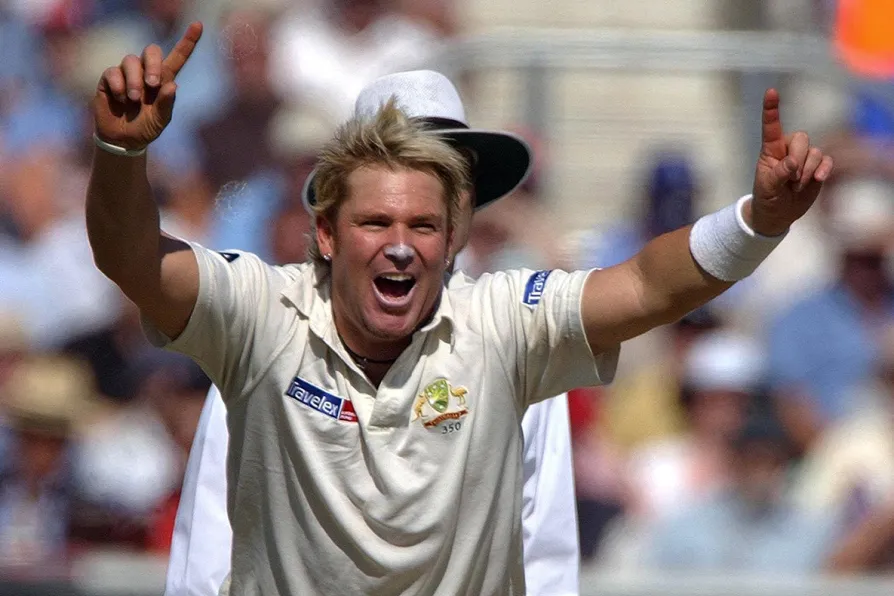Shane Warne: Rebel with a heart of gold
LAYTH YOUSIF reflects on the life of one of Cricket’s all-time greatest players

 Australia's Shane Warne celebrates taking the wicket of England batsman Marcus Trescothick in 2005
Australia's Shane Warne celebrates taking the wicket of England batsman Marcus Trescothick in 2005
THE reaction that comes from an untimely, unexpected death is invariably one of shock.
Even more so when that person, beloved of so many, is a force of nature.
A week after the jarring news of Shane Warne’s sudden passing in Thailand at the age of 52 — which is no age at all — there is a feeling of implausibility.
Similar stories

PETER MASON is surprised by the bleak outlook foreseen for cricket’s future by the cricketers’ bible

JON GEMMELL presents his annual review of ’the bible of cricket,’ which provides insight into the sport, and its social, economic and political setting












